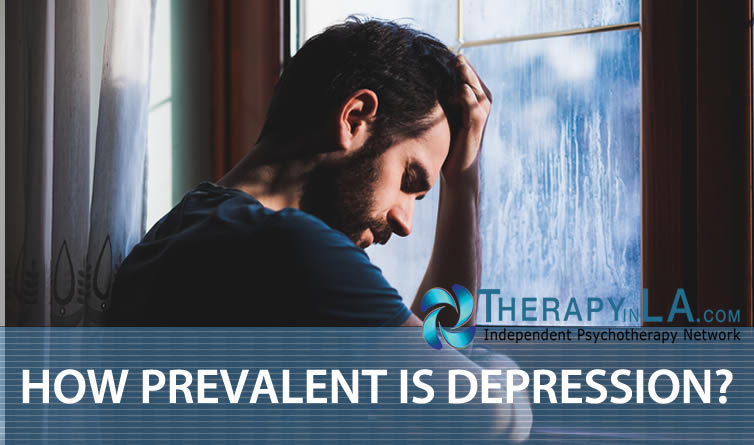HOW PREVALENT IS DEPRESSION?
HOW PREVALENT IS DEPRESSION?
By Alan M. Solomon, Ph.D.
Depression is increasing in the United States, according to a recent study released by Columbia University and the City University of New York (Nearly One in Ten Americans Reports Having Depression | Columbia Public Health). Despite the troubling news, there has not been an increase in people getting treatment.
The latest data, covering 2015 to 2020, reveals that close to 10% of all Americans report being depressed over the previous 12 months. More worrisome, almost 20% of adolescents or young adults report an episode of major depressive disorder. Major depression is the most frequent mental health issue in the U.S., and is a serious risk factor for suicidal behavior.
A primary author of the study, Renee D. Goodwin, Ph.D., notes this increase is “….reflecting a public health crisis before the onset of the pandemic. The net effect of these trends suggests an accelerating public health crisis and that parity and public-service announcement efforts have not achieved equity in depression treatment.” Parity refers to federal legislation that requires equal treatment and insurance coverage for serious mental health issues like depression compared to medical issues.
Most observations and data indicate that the COVID pandemic has further increased the frequency of depression, anxiety, substance abuse, child abuse, domestic violence, academic struggles, and sleep disorders across all age groups. Gender, racial/ethnic, income, and education groups have all demonstrated increases in depression. In this survey, white individuals, non-Hispanic, had the highest rates of depression, more than all other racial or ethnic groups. Women and adults who were not married, currently or previously, also suffered more. Though all income groups showed higher levels of depression before 2020, lower income individuals also had higher levels of depression.
As Dr. Goodwin concludes, “Expanding evidence-based, community-based, public-facing campaigns that promote help-seeking, early intervention, prevention and education about depression are urgently needed.” Early onset of depression is highly predictive of mental health issues later in life.
The therapists at IPN are committed to providing quality care, and if we are not able to see a potential client due to the increase in requests for help, we will make every effort to help someone find help.
Alan M. Solomon, Ph.D. is a clinical psychologist in private practice in Torrance, CA. A member of the Independent Psychotherapy Network, he can be reached at 310 539-2772 or dralanms@gmail.com. Telehealth or in-person sessions are available.
Copyright 2022 by Alan M. Solomon, Ph.D.

